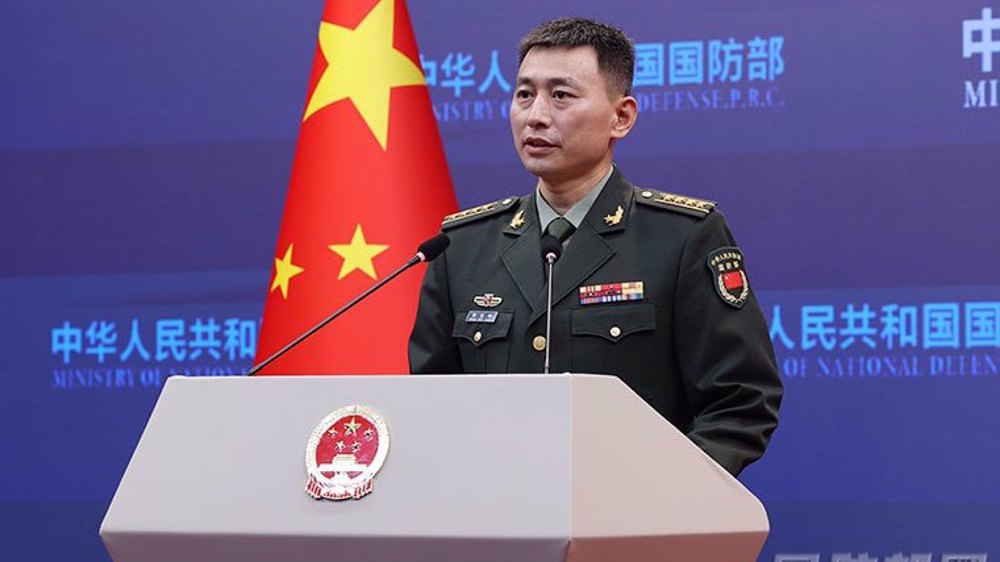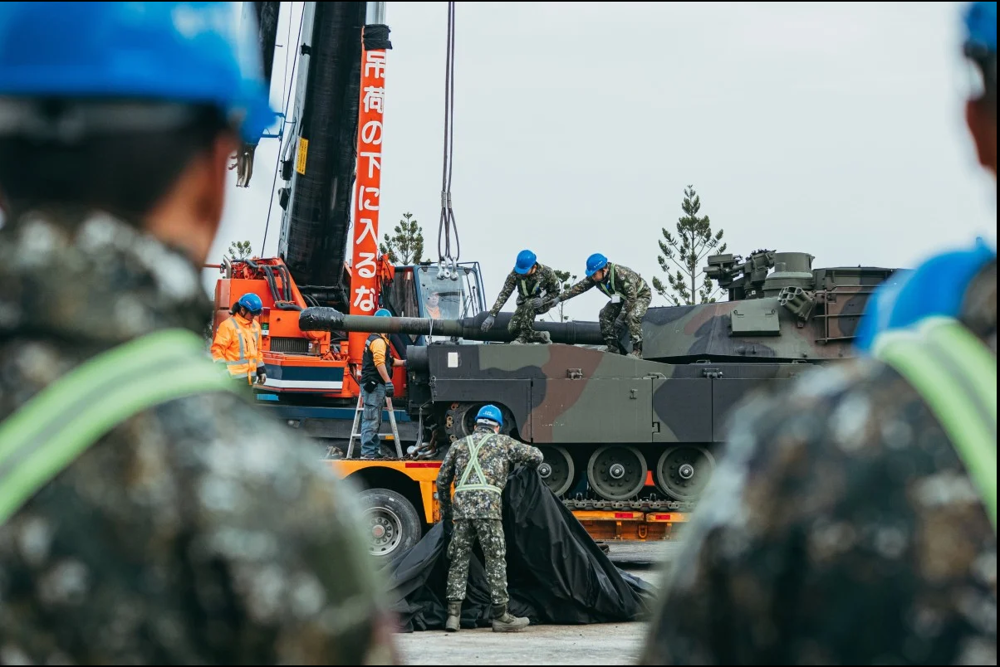South China Sea ruling will lead to confrontation: China US envoy
China’s ambassador to the US says the international tribunal ruling that denies Beijing’s claims in the South China Sea will certainly lead to intensified conflict and even confrontation.
While addressing and international forum in Washington on Tuesday, Cui Tiankai also said that his country is still committed to dialogue with other parties to the dispute over the South China Sea waters.
Earlier in the day, a tribunal in The Hague ruled against China's claims to islands in the South China Sea, and sided with the Philippines that had filed the complaint.
Blaming the increase of regional tensions on the US’s "pivot" to Asia, the Chinese envoy noted that the arbitration case "will probably open the door of abusing arbitration procedures.”
Washington has been pursuing a widely-advertised shift to Asia, dubbed the pivot to Asia strategy, since 2011. The White House argues that no region is more important to Washington's long-term interests than Asia. Some political observers, however, believe the US tries to use the strategy to impose its hegemony and thwart China's peaceful rise in Asia.
"It will certainly undermine and weaken the motivation of states to engage in negotiations and consultations for solving their disputes," Cui said, adding, "It will certainly intensify conflict and even confrontation."
The ruling was immediately dismissed by China, with Foreign Ministry spokesman Lu Kang saying that his country will ignore the verdict. "We won't accept any of their so-called materials, no matter what they are."

China claims sovereignty over almost the entire South China Sea, which is also claimed in part by Taiwan, Brunei, Vietnam, Malaysia and the Philippines. The waters are believed to sit atop vast reserves of oil and gas.
The dispute has at times drawn in trans-regional countries, particularly the US.
Beijing accuses Washington of meddling in regional issues and deliberately stirring up tensions in the South China Sea.
The US, in turn, accuses China of carrying out what it calls a land reclamation program in the South China Sea by building artificial islands in the disputed areas.
‘All wars have rules. All of those rules have been broken’ by Israel
VIDEO | Report flags India’s violation of rights of Rohingya detainees
Turkey's foreign minister meets Syria's de facto leader in Damascus
'Next to impossible' to rescue patients from Gaza's Kamal Adwan Hospital: Director
VIDEO | Vietnam current prosperity
Report blames gasoil exports for shortage at Iranian power plants
VIDEO | Hind Rajab Foundation names Israeli war criminals vacationing after Gaza genocide
VIDEO | Australians rally for Gaza ahead of Christmas festivities












 This makes it easy to access the Press TV website
This makes it easy to access the Press TV website